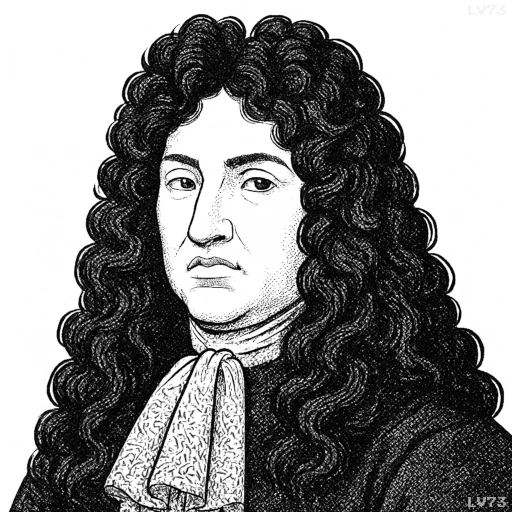“Every time I appoint someone to a vacant position, I make a hundred unhappy and one ungrateful.”

- September 5, 1638 – September 1, 1715
- Born in France
- King of France
table of contents
Quote
“Every time I appoint someone to a vacant position, I make a hundred unhappy and one ungrateful.”
Explanation
This quote reflects the difficulties of leadership and the unavoidable dissatisfaction that accompanies decisions involving others. Louis XIV acknowledges the inherent challenges of appointing individuals to positions of power, recognizing that while his decisions may satisfy one person, they will inevitably alienate or displease many others. The king’s words express the complexity of governance, where even well-intentioned choices are met with resentment or ingratitude due to competing interests, personal ambitions, and rivalries. For a ruler like Louis XIV, who sought to maintain control over every aspect of French society, making decisions that satisfied everyone was an impossible task. This quote captures the political reality that in positions of absolute power, any action—especially appointments—often has far-reaching consequences that affect the broader court and political landscape.
Historically, this quote can be understood in the context of Louis XIV’s centralized monarchy. As the absolute monarch, Louis had the final say on all important appointments within his court, military, and administration. His decisions, though aimed at strengthening the monarchy and ensuring loyalty, often created tension among the nobility and court factions, who constantly vied for favor and influence. Appointing someone to a significant role in the court could be seen as a zero-sum game, where those left out would feel slighted, and those appointed might not show the loyalty or gratitude expected. The king’s reflection on this phenomenon demonstrates his awareness of the complexities of court politics and the personal cost of wielding absolute power.
In modern contexts, the quote resonates with anyone in a leadership position, whether in business, politics, or even within families. It highlights the difficulty of decision-making, particularly when those decisions affect multiple stakeholders with competing interests. Leaders often find themselves criticized for choices that, in the end, can only satisfy a few while leaving others dissatisfied or resentful. The quote also addresses the human tendency to focus on personal gratitude or benefit, rather than acknowledging the broader strategic reasons behind decisions. It serves as a reminder that in any leadership role, tough choices are inevitable, and it is often impossible to please everyone, no matter how careful or well-intentioned the decision-making process may be.
Would you like to share your impressions or related stories about this quote in the comments section?
